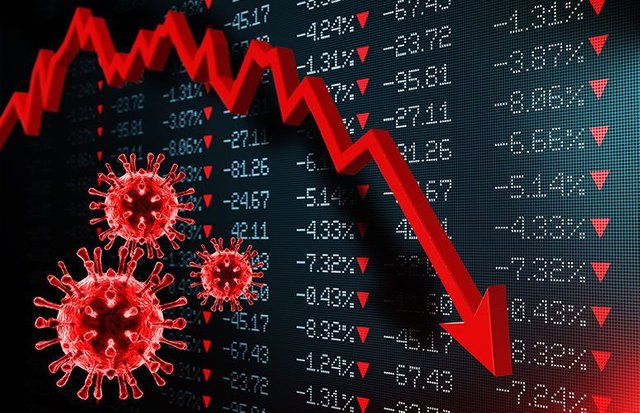The Coronavirus Pandemic and the Global Economy: Impacts, Challenges, and Opportunities

The coronavirus pandemic has had a profound impact on the global economy, causing widespread disruption and uncertainty across industries. The outbreak, which began in China in late 2019, quickly spread to other parts of the world, leading to lockdowns, travel restrictions, and significant changes in consumer behavior.
One of the most immediate impacts of the pandemic was a sharp decline in global trade and economic activity. With factories closed and supply chains disrupted, many businesses struggled to maintain operations, leading to widespread job losses and a sharp drop in consumer spending.

The pandemic also had a significant impact on financial markets, with stock prices and other asset classes experiencing major volatility. Central banks and governments around the world responded with unprecedented levels of monetary and fiscal stimulus, including interest rate cuts, quantitative easing, and large-scale spending programs.
Despite these measures, the pandemic continued to weigh on the global economy, with many businesses and industries facing significant challenges. In particular, sectors like travel and tourism, hospitality, and retail were hit hard by the pandemic, with many facing the prospect of bankruptcy or long-term financial distress.

At the same time, the pandemic has also created new opportunities and accelerated trends like digitalization, remote work, and e-commerce. Companies that were able to adapt quickly to these changes were able to weather the storm and emerge stronger from the crisis.
Looking ahead, the impact of the pandemic on the global economy is likely to be felt for years to come. While vaccination campaigns are underway and many countries are beginning to reopen, there are still many challenges to be addressed, including the potential for new variants of the virus and the ongoing economic fallout from the pandemic.
Despite these challenges, there are also reasons for optimism. The pandemic has shown the resilience and adaptability of businesses and individuals, and has created opportunities for innovation and growth in many sectors. With continued collaboration and cooperation, it is possible to build a stronger, more resilient global economy in the aftermath of the pandemic.
